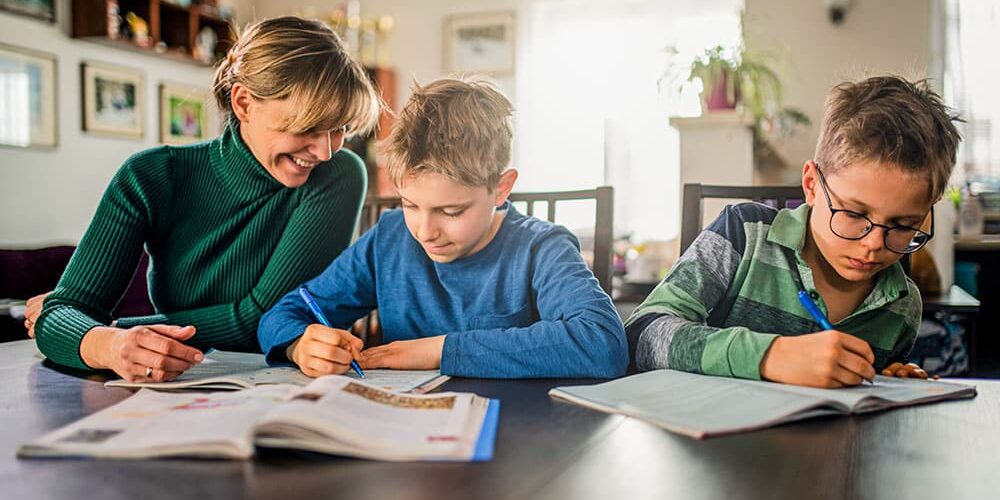Blitz News Digest
Stay updated with the latest trends and insights.
Homeschooling: Where the Kitchen Becomes the Classroom
Transform your kitchen into a vibrant classroom! Discover fun homeschooling tips and activities that make learning deliciously exciting.
Creative Cooking Lessons: Teaching Math and Science in the Kitchen
Creative Cooking Lessonsmath and science while engaging students in a hands-on environment. By measuring ingredients, students practice their arithmetic skills and develop an understanding of fractions and ratios. For instance, when scaling a recipe, they can apply multiplication and division to adjust the ingredients. Similarly, cooking is a living laboratory where concepts of science, such as chemical reactions, can be explored. When baking bread, students can observe how yeast ferments, causing the dough to rise. This experiential learning fosters curiosity and reinforces theoretical knowledge.
Incorporating these lessons into your curriculum can provide fun and meaningful educational experiences. Start with simple recipes that require measurement and categorization of ingredients. As students advance, challenge them to experiment with altering recipes and observing the results. For example, they could create a graph to track how varying oven temperatures affect baking time. This approach not only enhances their skills in math and science, but also encourages creative thinking and problem-solving. Overall, creative cooking lessons can be an effective tool for educators looking to integrate core academic concepts into practical activities.

The Ultimate Guide to Homeschooling Culinary Skills: Learning Through Cooking
Homeschooling culinary skills offers a fantastic opportunity for families to bond while cultivating essential life skills. Cooking not only teaches children how to prepare nutritious meals, but it also fosters creativity, discipline, and problem-solving abilities. To make the most of this learning experience, consider implementing a structured approach that involves hands-on cooking lessons, recipe exploration, and themed cooking nights. For instance, each week could focus on a different cuisine, allowing kids to learn about various cultures while honing their culinary skills.
Additionally, incorporating fun cooking projects can enhance the homeschooling experience. Start with simple recipes that cater to different skill levels, and gradually increase the complexity as your child's confidence grows. Consider setting up a weekly cooking challenge with family members as judges, allowing kids to showcase their newfound skills and creativity. Not only will this improve their cooking abilities, but it will also instill a sense of accomplishment that comes from creating something delicious from scratch!
How to Turn Everyday Kitchen Tasks into Engaging Learning Activities for Your Kids
Transforming everyday kitchen tasks into engaging learning activities can be a fun way to bond with your kids while teaching them essential skills. Start with basic activities like measuring ingredients for a recipe. This task not only introduces your little ones to basic math concepts such as fractions but also enhances their understanding of science as they observe how different ingredients interact with each other. You can make this process even more interactive by turning it into a game, where they earn points for accuracy in measurements or learn vocabulary related to cooking.
Another fantastic way to stimulate your child’s curiosity is by involving them in the cooking process. Let them help with age-appropriate tasks such as washing vegetables, stirring mixtures, or setting the table. Each of these activities can be framed as a mini-lesson: for example, while washing vegetables, discuss the importance of hygiene and nutrition. Create a chore chart that includes these tasks, reinforcing the idea that learning can be incorporated into daily routines. Don't forget to celebrate small milestones, like cooking a meal together, to encourage excitement and further engagement!